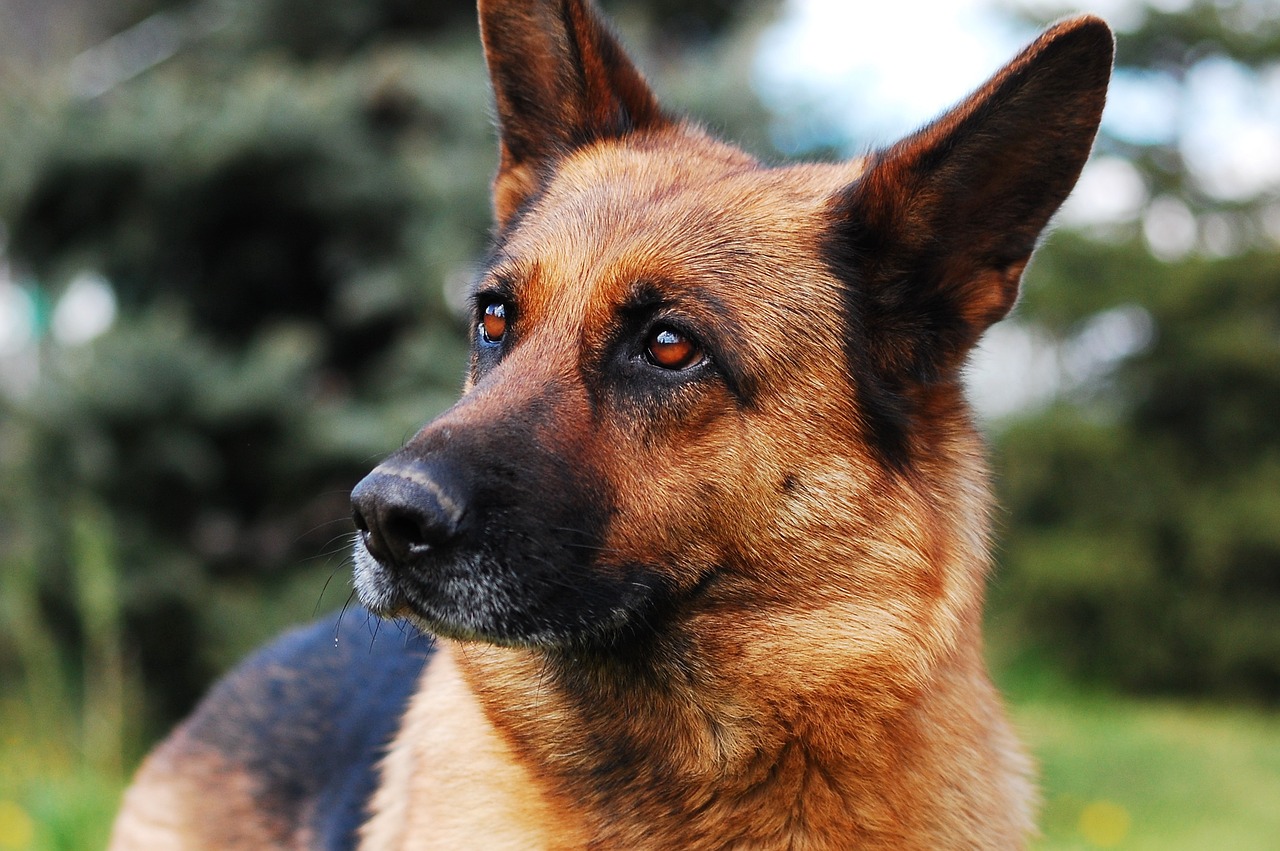Understanding the temperament of the Schnauzer, a breed distinguished by its arched eyebrows and bushy beard, is crucial for prospective pet owners. Recognized for its lively spirit, intelligence, and rugged constitution, the Schnauzer makes a devoted companion.
1. Intelligent and Trainable
Schnauzers are exceptionally intelligent dogs, known for their ability to quickly learn commands and tricks. Their high intelligence means they require consistent, engaging training from an early age. With proper guidance, Schnauzers excel in obedience training and can learn a wide variety of commands.
2. Alert and Vigilant
As former guards and working dogs, Schnauzers are very alert and vigilant. They are keenly aware of their surroundings, often acting as effective watchdogs for their families. This alertness also means they tend to be responsive and attentive to their owners’ commands and emotions.
3. Energetic and Playful
Schnauzers possess a great deal of energy and enjoy engaging in active play and exercise. They benefit significantly from regular physical activity, including walks, runs, and play sessions. Their playful demeanor makes them great companions for families with children.
4. Loyal and Protective
Loyalty is a hallmark of the Schnauzer temperament. These dogs form strong bonds with their families, often becoming protective of their loved ones. This protective instinct makes them excellent guard dogs, but it’s also important to socialize them properly to prevent overprotectiveness.
5. Stubborn at Times
Despite their intelligence, Schnauzers can sometimes be stubborn. Consistency in training is crucial to managing this trait. Early socialization and obedience training can help mitigate their stubborn streak and foster a cooperative spirit.
6. Friendly Yet Reserved
Schnauzers are generally friendly dogs but can be reserved or cautious around strangers. Early socialization can help them become more comfortable in various social situations and prevent unnecessary anxiety or aggression.
7. Adaptable to Environments
Whether living in an apartment or a house with a yard, Schnauzers are adaptable to different living situations due to their moderate size and manageable energy levels. Providing they receive adequate exercise, they can thrive in various homes.
8. Low-Shedding Coat
One physical trait that influences the Schnauzer’s temperament is their wiry, low-shedding coat. Their unique coat may make them suitable for individuals with allergies. However, their coat does require regular grooming to keep it healthy and clean.
9. Healthy and Robust
Schnauzers are known for their robust health and vitality. A healthy Schnauzer is a happy one, and with proper care, nutrition, and regular veterinary checkups, they often enjoy long, active lives, contributing to their joyful and spirited temperament.
With an amalgamation of traits ranging from intelligence to loyalty, the Schnauzer is a breed that offers a lot to potential owners. Proper training, socialization, and care are essential in bringing out the best in this breed’s delightful and engaging temperament. Understanding and respecting their characteristics ensures a harmonious and rewarding relationship with these unique and loving dogs.
How Does a Male Schnauzer Temperament Compare to a Female Schnauzer?
Male Schnauzer Temperament:
1. Dominant Behavior
Male Schnauzers often display a more dominant temperament compared to their female counterparts. This dominance can lead to assertive behavior, especially if there are other male dogs in the household. Consistent training and early socialization are essential to mitigate potential aggression and establish a clear hierarchy within the home.
2. Territorial Instincts
Males generally have a strong territorial instinct. They are likely to mark their territory zealously, both indoors and outdoors. Proper housebreaking from a young age is crucial to prevent unwanted marking behaviors inside the home.
3. Consistent Affection
While both genders are known for being affectionate, males tend to show love consistently to their owners. They are often more attentive and eager to please, forming strong attachments to their human companions.
4. Energy Levels
Male Schnauzers might exhibit higher energy levels and may require more exercise and mental stimulation to keep them content and well-behaved. They are playful and often remain active and puppy-like in their behavior for many years.
Female Schnauzer Temperament:
1. Independent Nature
Females often show an independent streak. While they are affectionate and loyal, they might not always seek out attention as actively as males do. They’re content spending time alone and might not be as clingy.
2. Mood Fluctuations
Female Schnauzers may experience mood swings, especially during their heat cycles if they are not spayed. Owners might observe periods of increased affection followed by phases where the female prefers to be left alone.
3. Protective Instinct
Females often display a strong protective instinct, especially if they have had puppies. This protective nature can extend to human family members, making them excellent watchdogs.
4. Trainability
Females are often quick learners and can be easier to train. They are likely to mature faster than males, leading to an earlier development of focus and attention during training sessions.
Both male and female Schnauzers have their unique sets of characteristics. Males are often more affectionate and energetic but may display dominant and territorial behaviors. On the other hand, females are independent, protective, and can have mood fluctuations but might be easier to train.
Frequently Asked Questions about a Schnauzer‘s Temperament and Personality
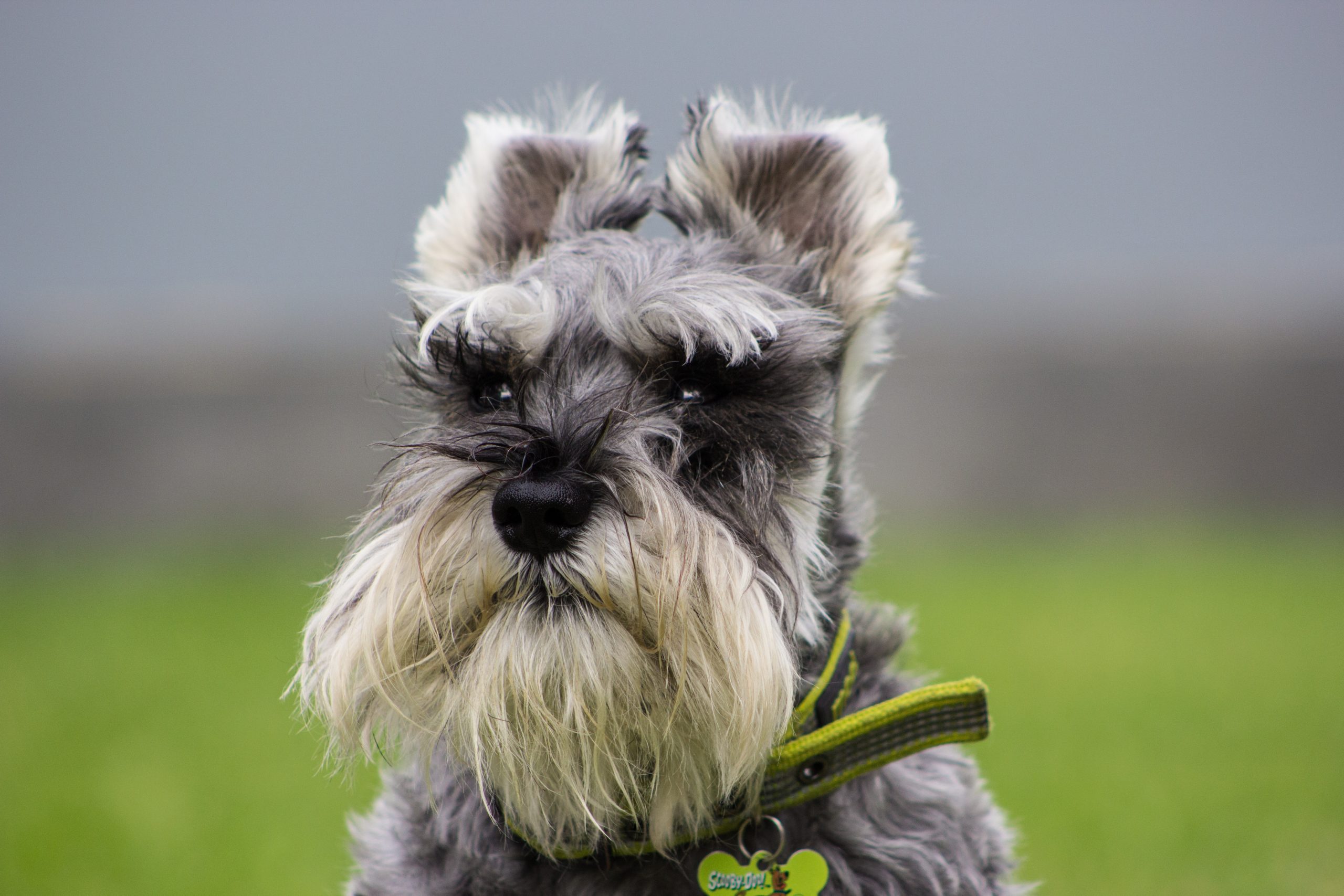
1. How would you describe a Schnauzer’s overall temperament?
A Schnauzer typically has a friendly, intelligent, and obedient temperament. They are known for their alertness and reliability, making them excellent companions and watchdogs.
2. Are Schnauzers good with children?
Yes, Schnauzers generally get along well with children, especially when socialized from a young age. Their playful and protective nature makes them suitable companions for kids, although supervision is always recommended during interactions.
3. Are Schnauzers easy to train?
Schnauzers are highly trainable due to their intelligence and eagerness to please. However, they can be stubborn at times, so consistent, positive reinforcement training methods are recommended.
4. Do Schnauzers get along with other pets?
When socialized properly, Schnauzers can coexist peacefully with other pets, including dogs and cats. Early exposure to various animals can foster a more accepting and friendly demeanor toward other pets.
5. Are Schnauzers known to be vocal or noisy?
Schnauzers can be quite vocal and tend to alert their owners of strangers or unusual noises promptly. Training can help manage excessive barking.
6. How much exercise does a Schnauzer need?
Schnauzers require moderate exercise to maintain their physical and mental health. Daily walks, play sessions, and mental stimulation through training or interactive toys are essential.
7. Can Schnauzers adapt to apartment living?
Yes, Schnauzers can adapt well to apartment living as long as their exercise needs are met. Their moderate energy levels and compact size make them suitable for smaller living spaces.
8. How do Schnauzers fare when left alone?
While they prefer company, well-trained Schnauzers can tolerate being left alone for short periods. Providing engaging toys and ensuring they’re comfortable can minimize anxiety.
9. Are Schnauzers hypoallergenic?
Schnauzers are considered a hypoallergenic breed due to their wiry coat that sheds minimally. Regular grooming is still necessary to maintain their coat’s condition and minimize allergens.
10. Can Schnauzers be aggressive?
Aggression is not a common trait in well-socialized Schnauzers. However, like all breeds, individual temperaments vary, and early socialization and training are vital to prevent aggressive behaviors.
11. How are Schnauzers with strangers?
Schnauzers can be reserved or cautious around strangers but are not typically aggressive. Proper socialization can help them become more comfortable around unfamiliar people.
12. Is the Schnauzer a good breed for first-time dog owners?
Yes, their trainable, loyal, and protective nature makes Schnauzers suitable for first-time owners, provided that new owners are committed to meeting their exercise and training needs.
13. How independent are Schnauzers?
While Schnauzers form close bonds with their families, they also display an independent streak. This balance makes them affectionate without being overly dependent or clingy.
14. Do Schnauzers have a high prey drive?
Schnauzers have a moderate prey drive due to their terrier lineage. Training and socialization can help manage their chasing instincts, especially around smaller animals.
15. Are male and female Schnauzers different in temperament?
While individual personalities vary, male Schnauzers may be more territorial and affectionate, whereas females might be more independent and protective. Both genders benefit from early socialization and training.
What Kind of Person Is a Good Fit for a Schnauzer?
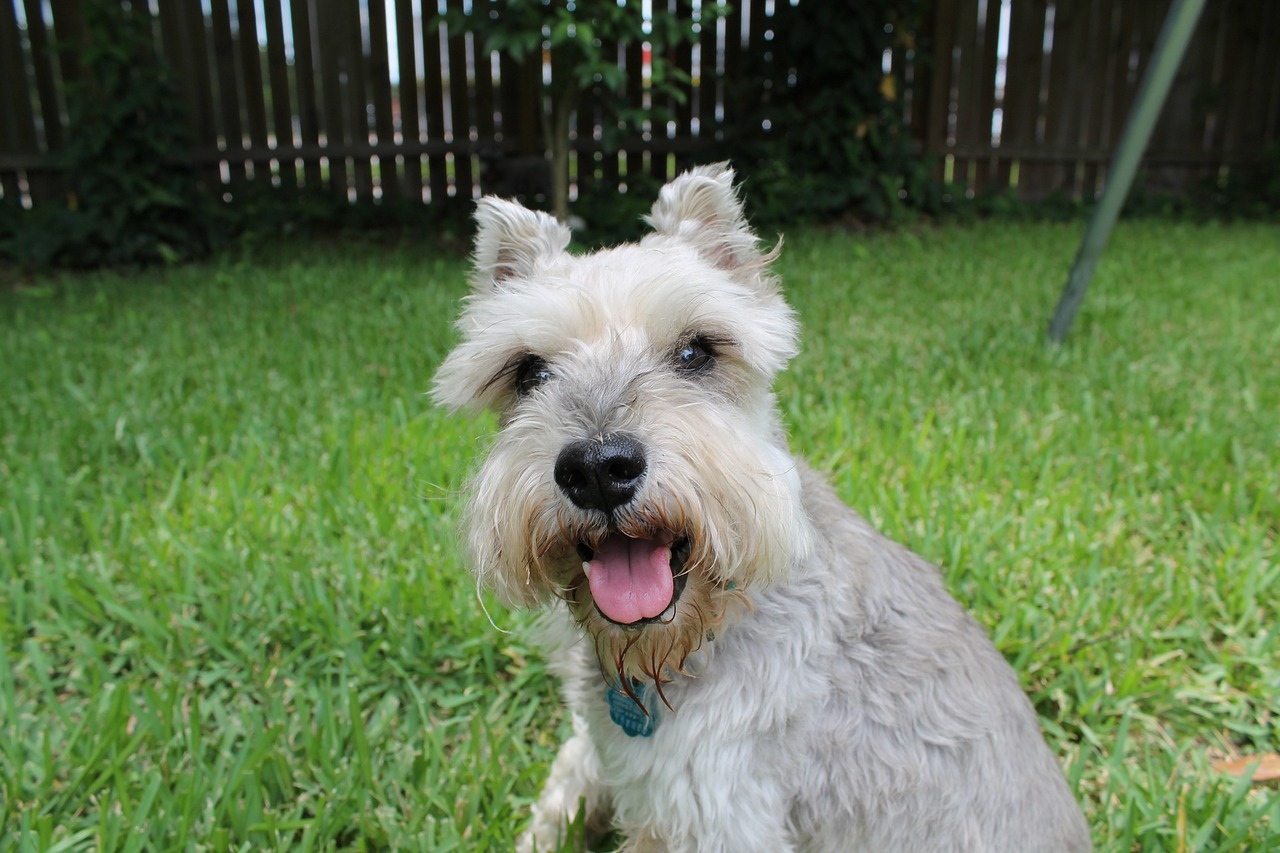
The lively and charismatic Schnauzer can be an excellent addition to various households, but the breed’s unique temperament and needs make it particularly well-suited for certain individuals.
1. Active Individuals
Schnauzers thrive with owners who lead an active lifestyle. These intelligent dogs require regular physical and mental stimulation to keep them happy and healthy. An individual who enjoys walks, hiking, or outdoor play would provide the ideal environment for a Schnauzer. Their moderate energy level isn’t overly demanding, making them a good fit for those who are active but not necessarily athletic.
2. Families with Children
Due to their playful and protective nature, Schnauzers often get along well with children. They can be great companions for kids, providing endless entertainment while also serving as loyal protectors. Families that can teach their children to approach and handle dogs respectfully and gently will find a wonderful friend in a Schnauzer.
3. First-Time Dog Owners
Schnauzers are adaptable and trainable, making them a solid choice for first-time dog owners. New owners should be prepared to invest time in training and socializing their Schnauzer from a young age. Support from professional dog trainers or obedience classes can also be immensely beneficial for novices.
4. Those with Allergies
Since Schnauzers have a wiry coat that sheds minimally, they are an excellent option for individuals with allergies. The breed is considered hypoallergenic, and with regular grooming, they rarely cause allergic reactions.
5. Elderly Individuals
For seniors looking for a companion, the Schnauzer’s loyal and affectionate demeanor can be comforting. While they do require exercise, their needs aren’t excessively high, making them manageable for older individuals. However, it’s important to ensure that elderly owners can meet their pet’s physical and grooming needs or have assistance to do so.
6. Individuals or Families Looking for a Watchdog
With their alert and vigilant temperament, Schnauzers make effective watchdogs. They are quick to sound the alarm if they notice anything amiss, providing an additional sense of security for their owners.
From active singles and bustling families to first-time owners and the elderly, many people will find a faithful companion in a Schnauzer due to their versatile and engaging personality. The key is understanding and aligning with their needs for exercise, grooming, and mental stimulation, creating a mutually rewarding relationship for both owner and pet alike.
The post Schnauzer Temperament: What’s a Schnauzer’s Personality Like? appeared first on iHeartDogs.com.
via
Whisker Therapy





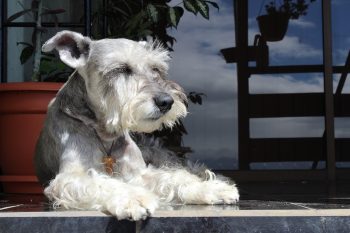



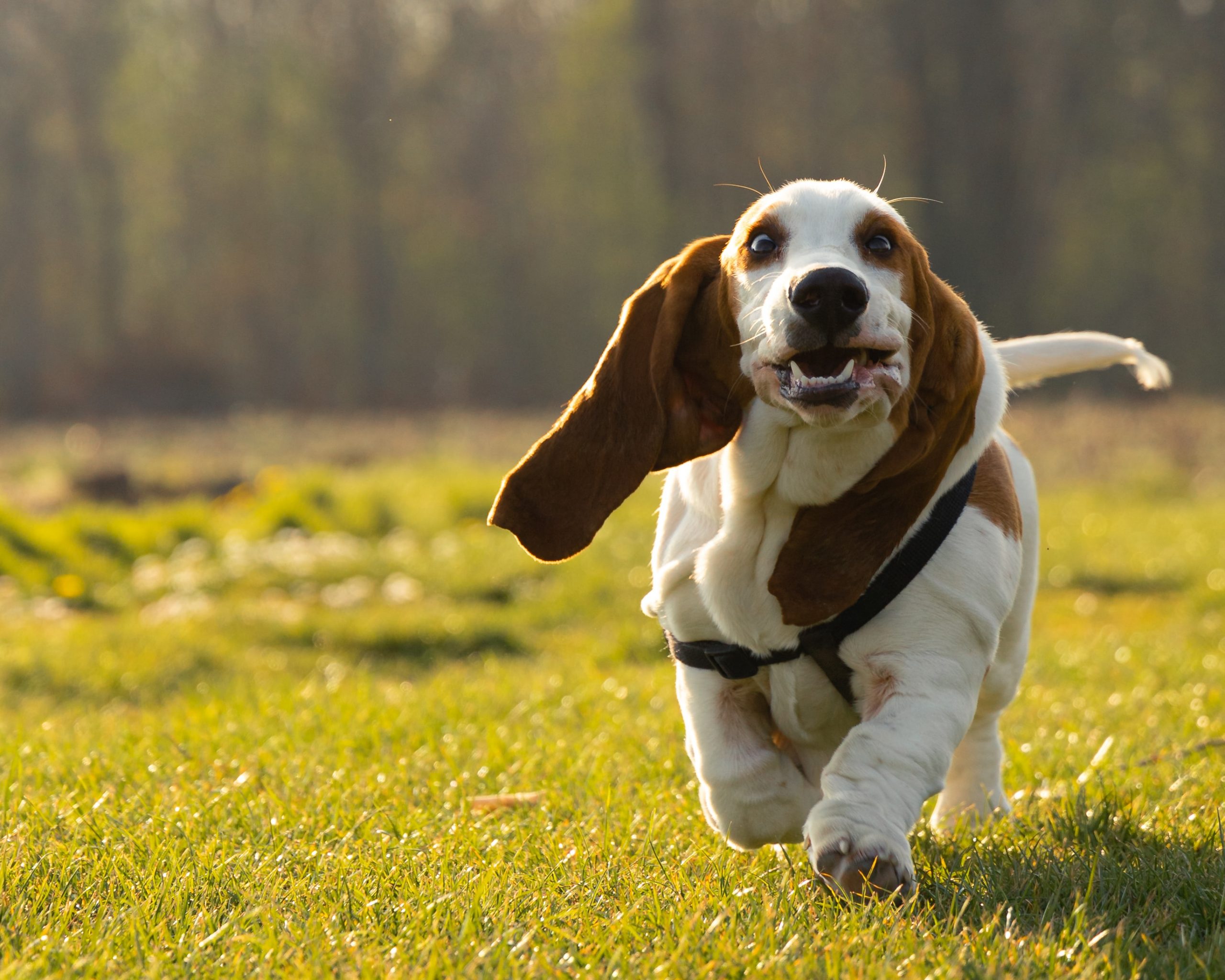
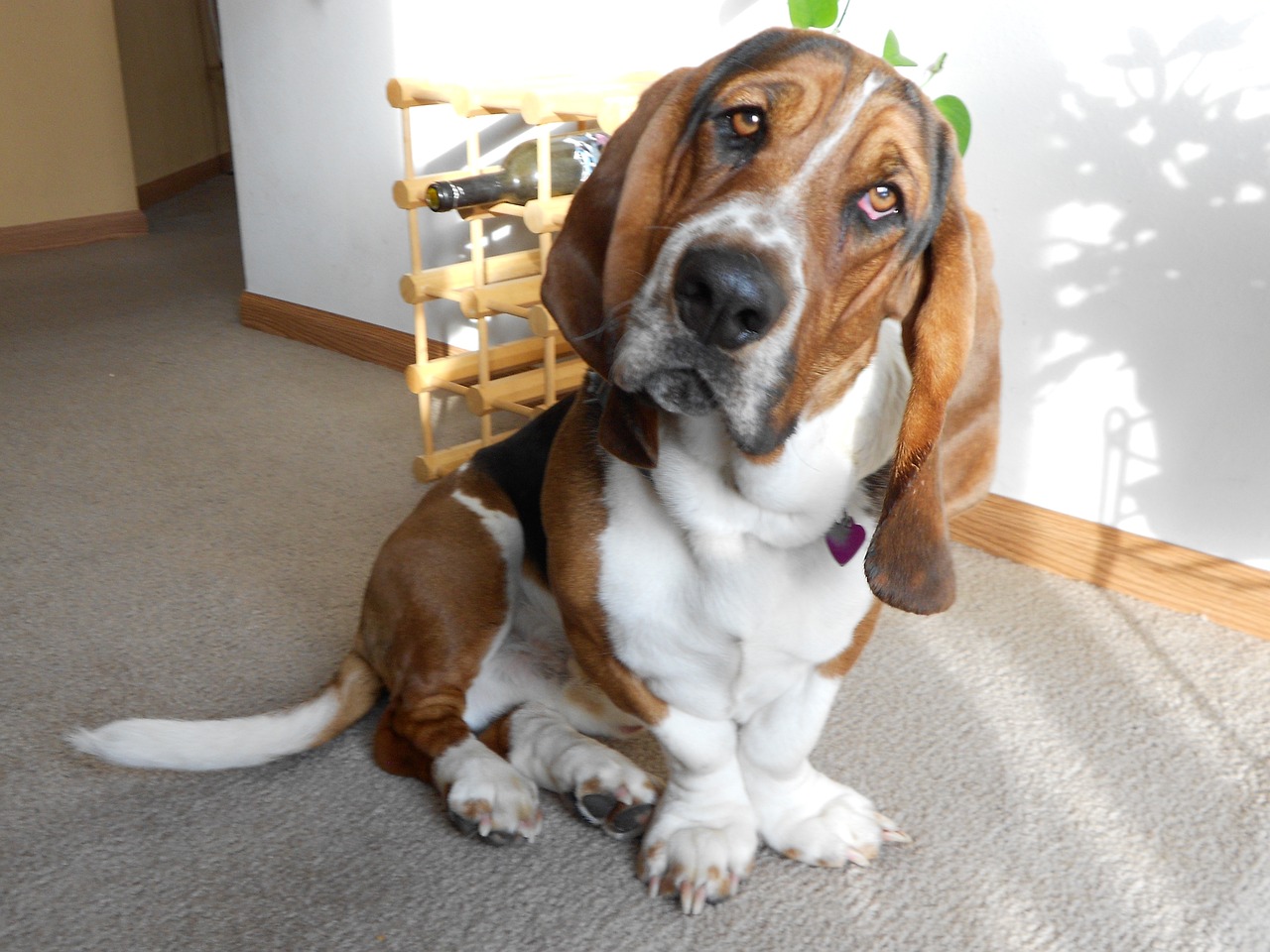 Basset Hounds are amiable and gentle dogs, making them a popular choice among pet owners. Nevertheless, their distinctive temperament requires specific living conditions and care routines that not every individual or family might be ready to provide.
Basset Hounds are amiable and gentle dogs, making them a popular choice among pet owners. Nevertheless, their distinctive temperament requires specific living conditions and care routines that not every individual or family might be ready to provide.





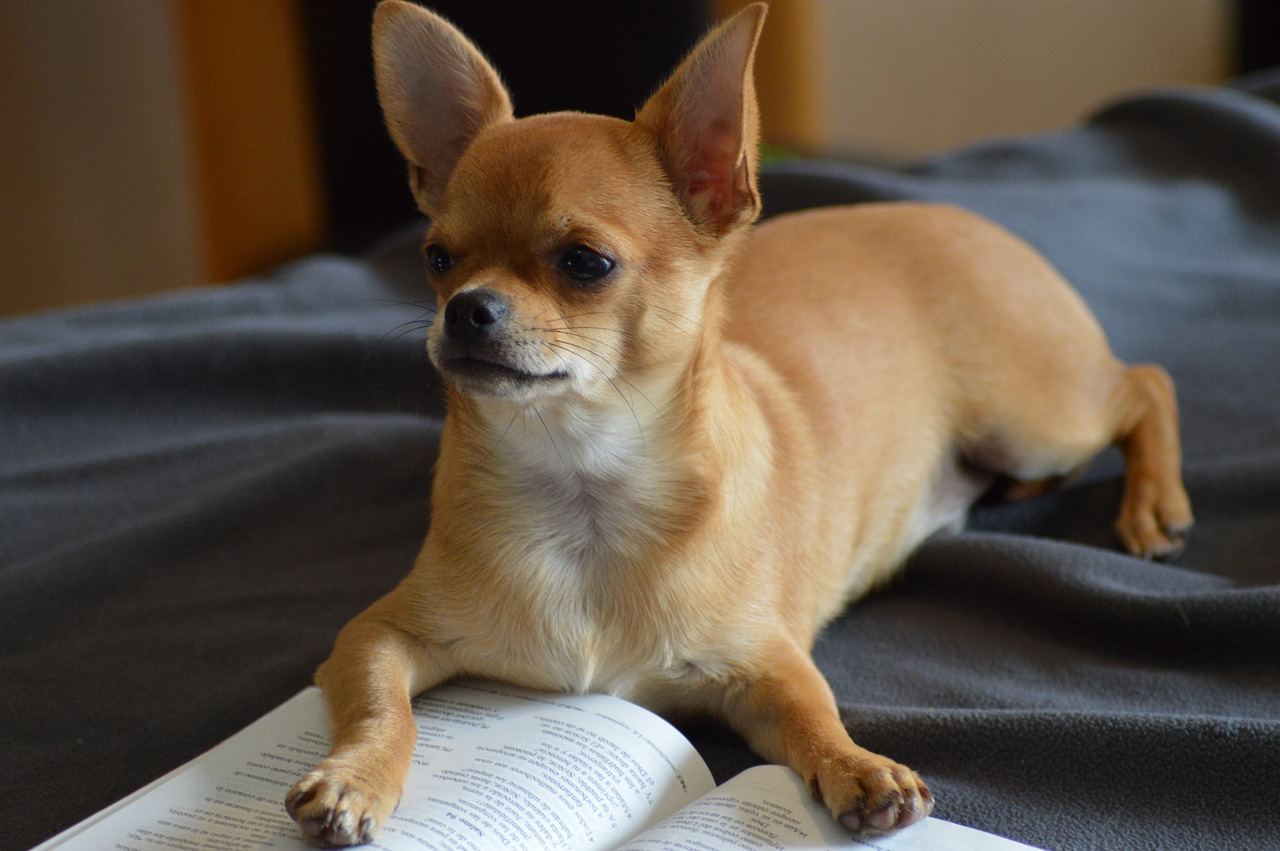
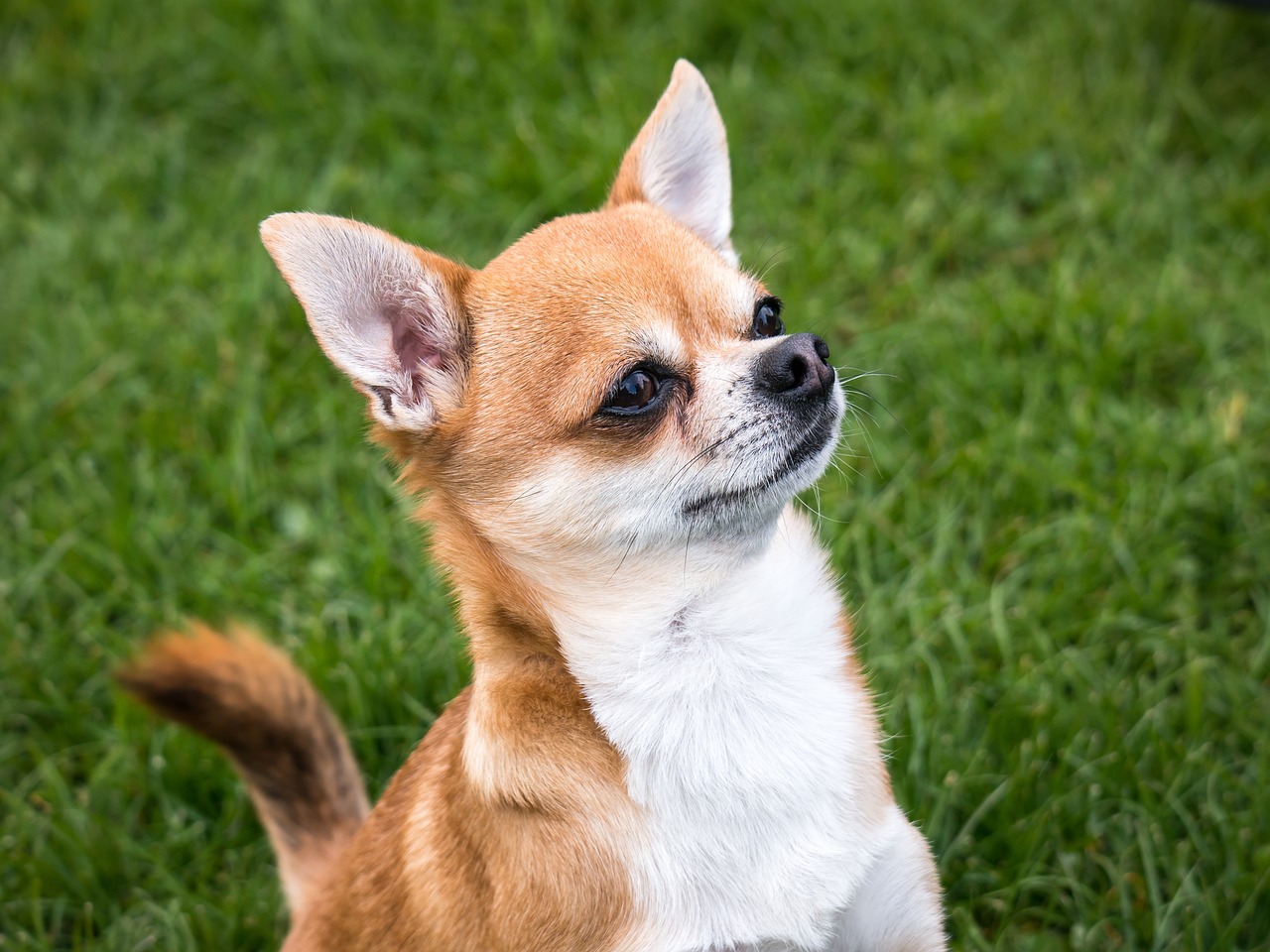 As diminutive and charming as they are, Chihuahuas possess a robust and spirited personality that necessitates a specific type of owner. This breed thrives under attentive care from individuals who understand and appreciate their unique temperament.
As diminutive and charming as they are, Chihuahuas possess a robust and spirited personality that necessitates a specific type of owner. This breed thrives under attentive care from individuals who understand and appreciate their unique temperament.

